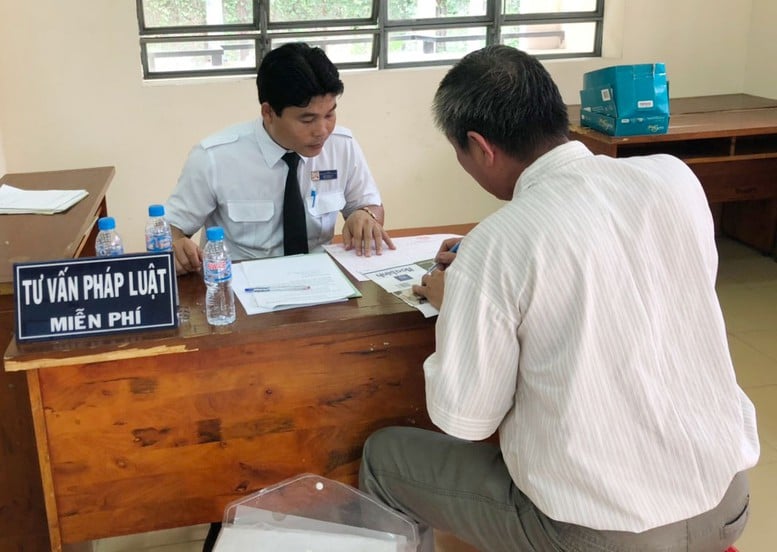
TGPL is a humane policy to ensure human rights, civil rights, and access to justice for "vulnerable" groups. Illustrative photo
The nature and role of legal aid
Legal aid is a humane policy to ensure human rights, civil rights, and the right to access justice for "vulnerable" groups, helping the poor and disadvantaged to be protected promptly and equally before the law. Unlike some countries in the world that charge a part of or reduce legal aid fees, Vietnam has a policy of completely free legal aid for those who are eligible for legal aid in all areas of law (civil, criminal, administrative), except for the field of commercial business.
After nearly 30 years of formation and development, legal aid has affirmed its position and role in implementing social security policies. Vietnam affirms: "Legal aid is the responsibility of the State. The State has policies to ensure the right to legal aid in accordance with socio -economic conditions". The State carries out this responsibility through the establishment of organizations implementing legal aid, the core of which is the State Legal Aid Center, and at the same time mobilizes social resources to participate in legal aid work...
According to the 2017 Law on Legal Aid, beneficiaries of this policy include the poor, people with revolutionary contributions, children, and people accused of crimes as prescribed... Through legal aid, people's legitimate rights and interests are protected during the litigation process, dispute resolution, and complaints, contributing to limiting wrongful convictions, protecting human rights, and strengthening trust in justice.
The nature of TGPL is a humanitarian, non-profit public service, guaranteed by the State with budget and professional staff. This activity helps "reduce legal poverty", bring legal knowledge closer to the people, especially in remote areas, ethnic minorities, contributing to promoting sustainable socio-economic development.
After 8 years of implementing the 2017 Law on Legal Aid, the legal aid system has become more organized, the quality of cases has been improved with specific evaluation criteria. The role of Legal Aid Officers is increasingly recognized, people increasingly trust and choose legal aid officers to handle legal aid cases... Legal Aid Officers have the highest professional title (grade I), thereby continuing to affirm the position and role of Legal Aid Officers in the system of professional titles of civil servants.
Coordination between the prosecution agencies and the Legal Aid Center has been strengthened, especially through the program of arranging Legal Aid Officers on duty at the Court. This ensures that the accused, the victims, and the litigants subject to legal aid have timely access to services and do not miss out on their rights during the proceedings. Many localities have proactively mobilized lawyers and social organizations to participate in legal aid, while promoting communication.
"Bottlenecks" that need to be removed
Despite many positive results, the practical work of legal aid shows that there are still many "bottlenecks" that need to be resolved, such as: The beneficiaries do not cover all vulnerable groups. The law does not stipulate legal aid for households that have just escaped poverty, minors who are victims in criminal cases, or people with disabilities who are accused. The scope of assistance is still narrow. Currently, it only focuses on civil, criminal, and administrative matters, while the need for economic legal advice to escape poverty is increasing.
In addition, the responsibility of local authorities is unclear. The law does not specifically stipulate the responsibility of the People's Committee at the commune level in introducing people to access legal aid.
Many localities lack legal aid workers and funding for legal aid cases; facilities and information technology infrastructure are still weak, failing to meet digital transformation requirements.
In addition, people's awareness is still limited. A part of the people, especially in remote areas, do not know about TGPL. Communication work in many places has not been innovated, not close to the reality of local customs and practices...
In the context of many new policies on institutional improvement, international integration, and digital transformation, the Law on Legal Aid needs to be researched, amended, and supplemented to meet the development of legal aid in a modern direction, increasingly better meeting the legal aid needs of the people. The project to develop a Law amending and supplementing a number of articles of the 2017 Law on Legal Aid is being proposed to be included in the 2026 Legislative Program.
The draft law will focus on the following contents: Expanding the scope of legal aid for households that have just escaped poverty, minors who are victims in criminal cases, people with disabilities who are accused of crimes, etc.; expanding the field of legal aid beyond civil, criminal, and administrative; strongly decentralizing and delegating power, giving local authorities the authority to appraise and evaluate the quality of cases.
At the same time, modernize the legal aid system, increase the application of technology, build a digital platform, deploy online legal aid for wider access; develop a network of collaborators, lawyers and a coordination mechanism with local authorities.
The law amendment not only removes bottlenecks, but is also a breakthrough in implementing Resolution No. 27-NQ/TW, Resolution No. 66-NQ/TW and Resolution No. 57-NQ/TW on innovation in legal work, digital transformation and modernization of public services.
It can be seen that the Law on Legal Aid is not only a legal policy, but also a symbol of social justice, a bridge for all people - especially vulnerable groups - to access justice. Amending the Law on Legal Aid is an urgent requirement to ensure that all people have their legitimate rights protected, contributing to building a truly rule-of-law state for the people.
Dieu Anh
Source: https://baochinhphu.vn/tro-giup-phap-ly-bao-dam-tiep-can-cong-ly-binh-dang-truoc-phap-luat-102250905104310789.htm



![[Photo] General Secretary To Lam received the delegation attending the international conference on Vietnam studies](https://vphoto.vietnam.vn/thumb/1200x675/vietnam/resource/IMAGE/2025/10/26/1761456527874_a1-bnd-5260-7947-jpg.webp)
![[Photo] Prime Minister Pham Minh Chinh and United Nations Secretary-General Antonio Guterres attend the Press Conference of the Hanoi Convention Signing Ceremony](https://vphoto.vietnam.vn/thumb/1200x675/vietnam/resource/IMAGE/2025/10/25/1761391413866_conguoctt-jpg.webp)
![[Photo] Prime Minister Pham Minh Chinh attends the opening of the 47th ASEAN Summit](https://vphoto.vietnam.vn/thumb/1200x675/vietnam/resource/IMAGE/2025/10/26/1761452925332_c2a-jpg.webp)




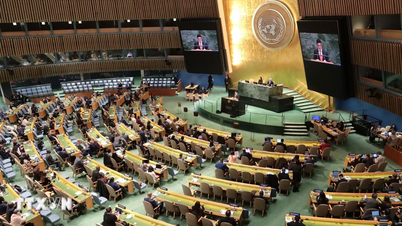

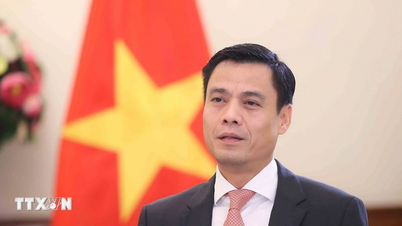


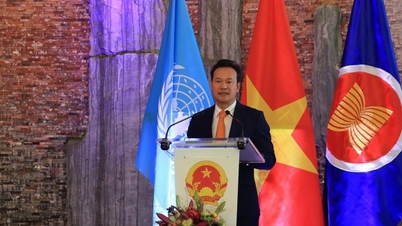

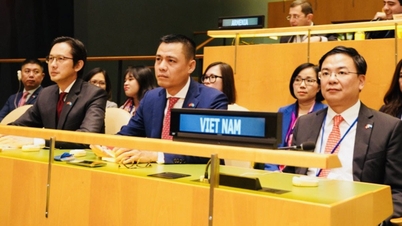



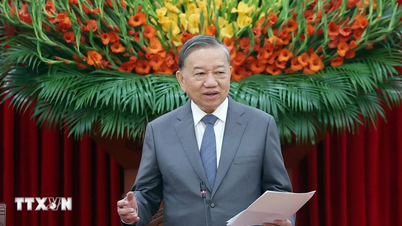










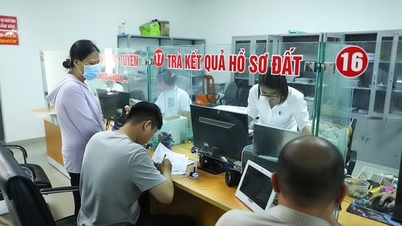



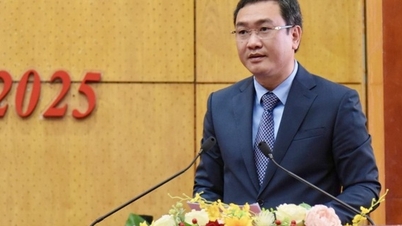

![[Photo] National Assembly Chairman Tran Thanh Man receives United Nations Secretary-General Antonio Guterres](https://vphoto.vietnam.vn/thumb/1200x675/vietnam/resource/IMAGE/2025/10/25/1761390815792_ctqh-jpg.webp)































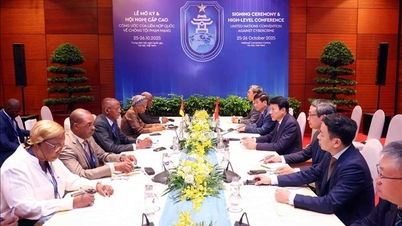
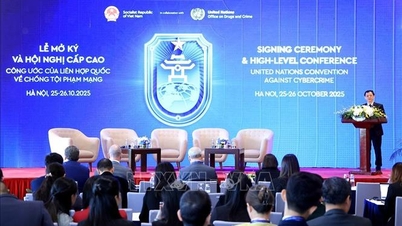


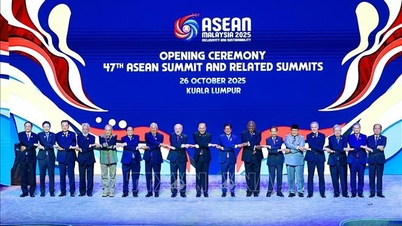



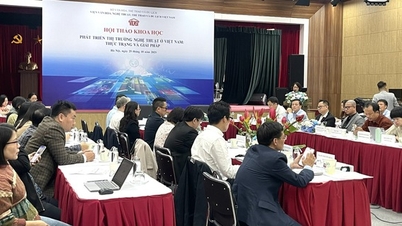




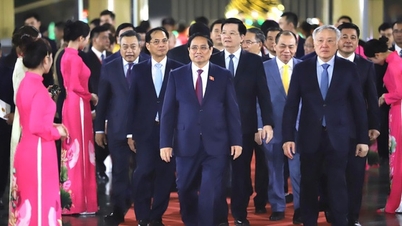
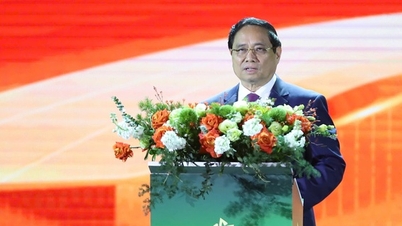
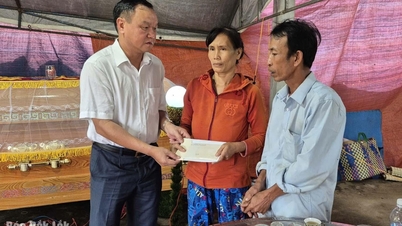





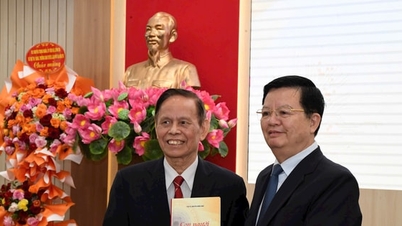















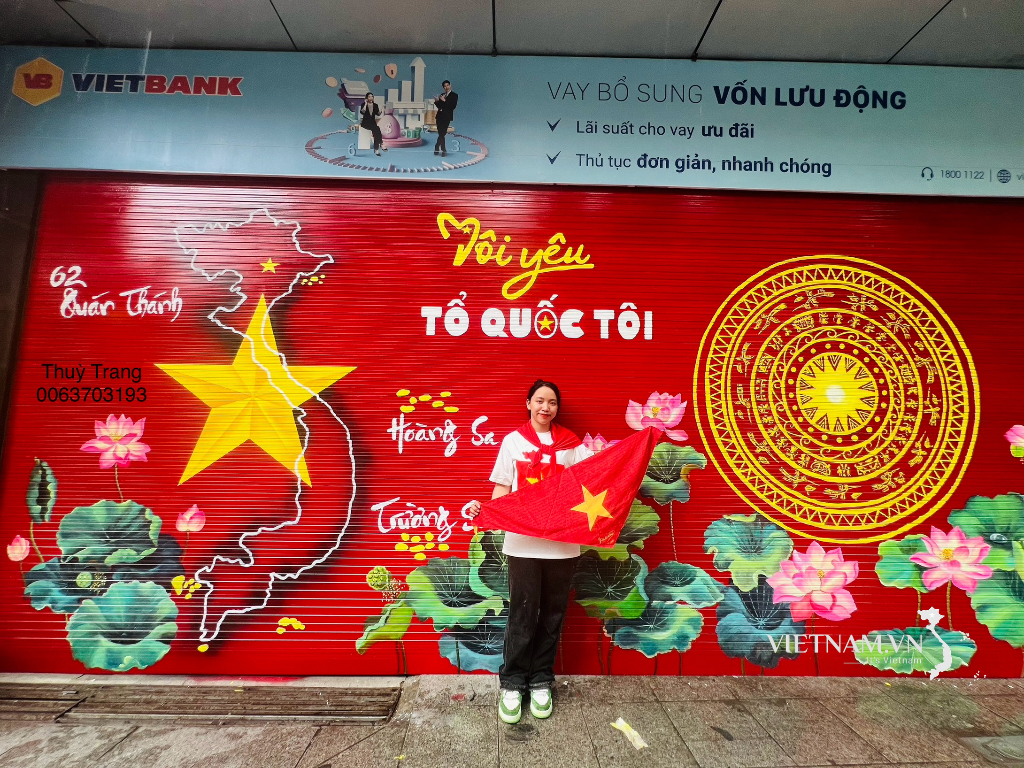


Comment (0)